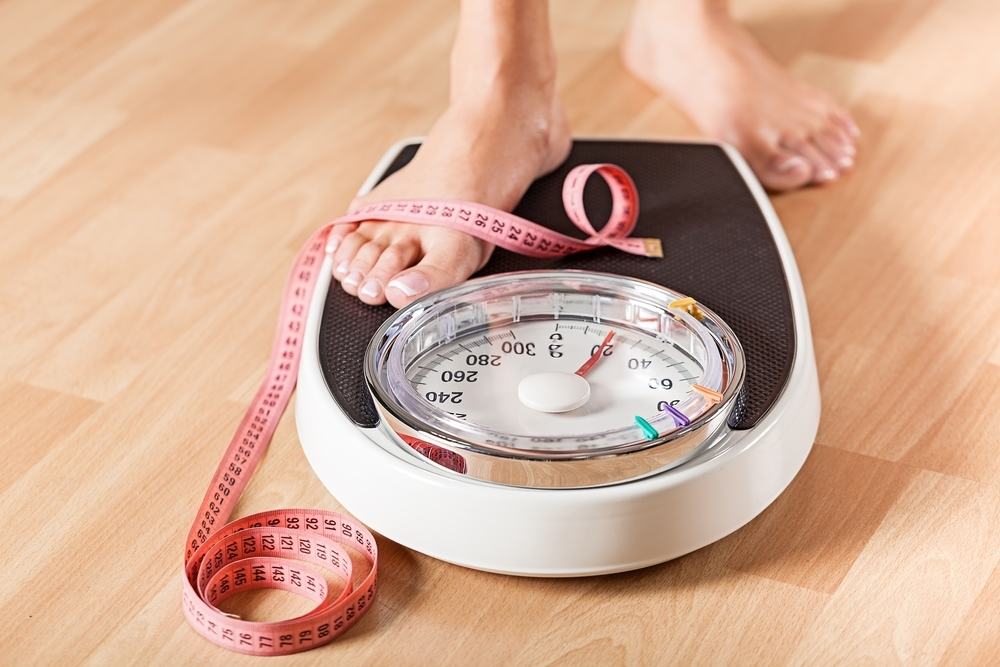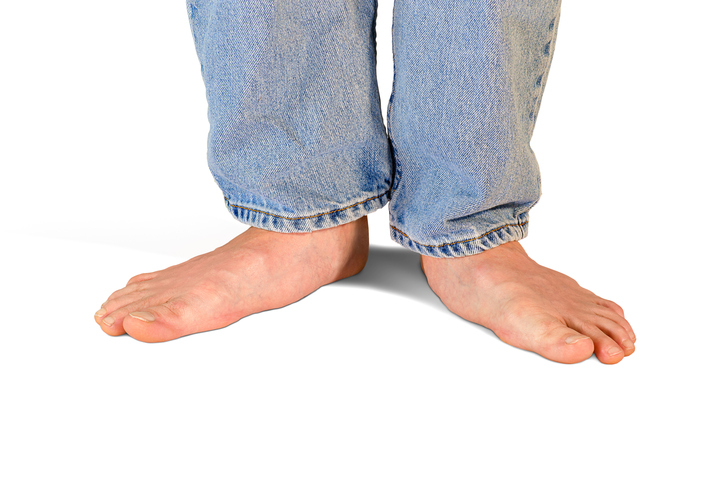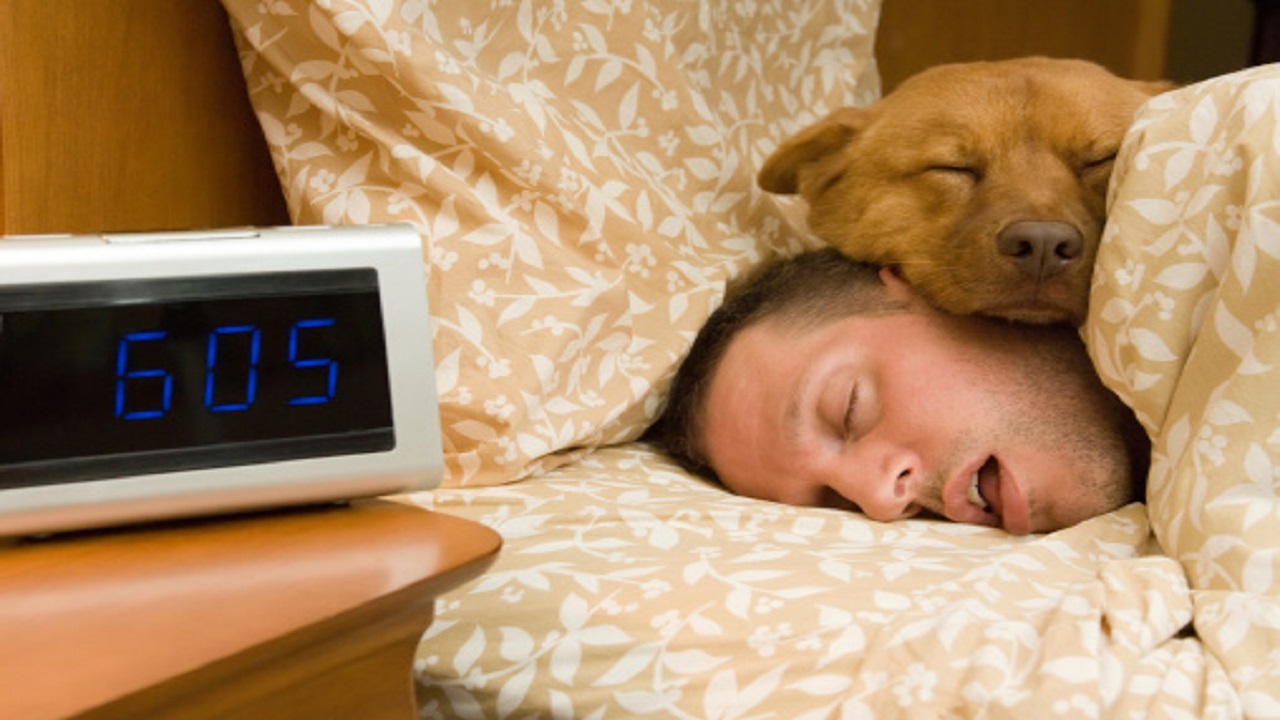Contents:
- Medical Video: When is the best time to weigh yourself?
- Weighing in the morning
- Before exercising
- Consistency of time and use of weighing equipment
- Regular benefits of weighing
- Don't stick to the numbers on the scale
Medical Video: When is the best time to weigh yourself?
Weight weighing is a must thing to do every day or every week. This is because weighing can be one way to maintain a balance of body weight during the diet process. Experts also support this, because it can help stop weight gain slowly and most importantly make yourself honest.
Before you weigh, make sure the scales are functioning properly. Make sure if the needle scales always return to zero when not in use. And, this is the right time to weigh weight so the results are accurate.
Weighing in the morning
The time most often used to weigh weight is in the morning. Ideally, weigh your weight before breakfast and after defecation. The reason will be seen your real weight because you do not have extra weight from food or leftovers that are in digestion.
When you want to weigh weight, the best thing is to weigh without clothes, or if you want to wear clothes, use very light clothes. Remember, thick clothes will increase your body weight and have an effect on the scales.
Before exercising
When you exercise in the morning, ideally weigh your weight before exercise. Because, when you weigh after exercise, your body weight is not pure because of the body toloss of fluid from sweat, and this can vary from day to day.
Consistency of time and use of weighing equipment
Even though morning is the most common time to weigh, it doesn't matter whenever you weigh as long as you are consistent. If you want to weigh in the afternoon or at night, this can also be done.
Keep in mind, your weight can fluctuate around 1.5 kilograms every day. If you weigh yourself on this morning later in the afternoon the next time, you will not be able to compare the two weights because you weigh at different times.
Scales can vary in terms of accuracy. Try to use the same scales when weighing, and don't over think if your weight is different from other scales.
Regular benefits of weighing
Research from National Weight Control Registry (NWCR) shows that weighing during the weight control phase can help fight weight gain. NWCR is looking for people who succeed in losing weight and maintaining weight, found seventy-five percent of people at NWCR routinely weigh at least once a week.
A study in 2007 also found that participants who did not regularly weigh after losing weight were more susceptible to experiencing weight gain later. One reason why weighing during the process of maintaining weight is important is that you are more likely to be sensitive to weight gain even on a small scale, and quickly make behavioral changes before gaining more weight later.
Don't stick to the numbers on the scale
Consuming weight consistently can provide a positive effect as a tool for control in maintaining weight and health in accordance with the pathway. However, it is very important to remember if the numbers on the scale do not give a further picture of what is happening to your body. Scales do not provide information about whether your body is thin or fat, and does not provide information about whether you are losing weight or falling. Sometimes trying to focus on one number on a scale is considered unrealistic in some cases.
There are several scales sold on the market that have provided estimates of body fat through bio-electrical impedance. This is another way you can control your health, but keep in mind that many things are can affect the accuracy of weighers, such as the level of hydration.
Don't keep in your mindset, if you are just fixing on the numbers on the scale and you are willing to do anything to reach a certain number on the scale. Your overall health is better measured by the habits of controlling diet, exercise, sleep, and stress, rather than fixing on the numbers on the scale.












